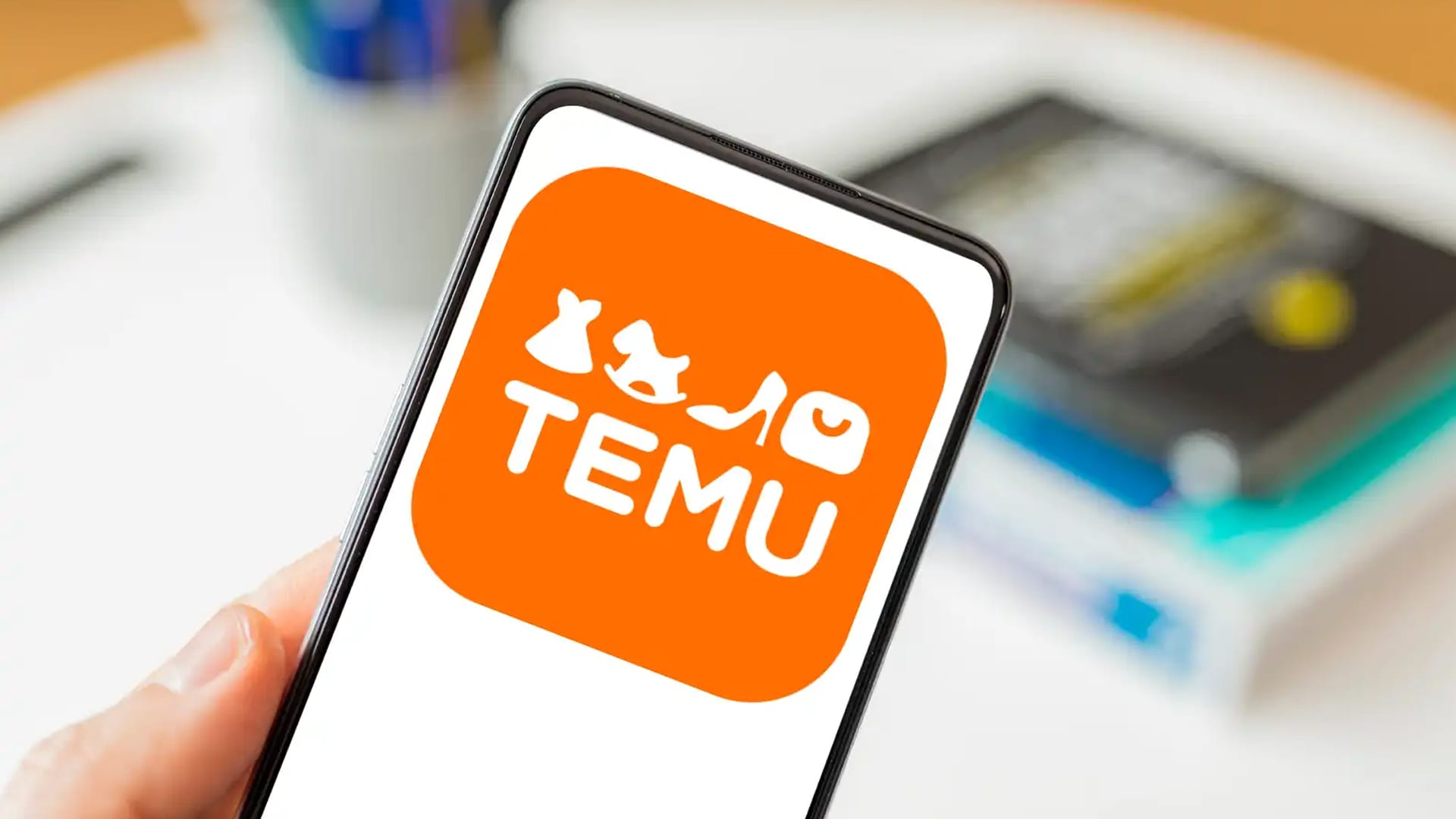Temu challenges US dollar stores in the festive shopping race
Learn how the Chinese e-commerce app Temu transforms the US discount retail scene, offering a competitive and varied product range against traditional dollar stores.

The Chinese budget e-commerce app Temu is swiftly gaining market share from US dollar stores as the holiday season approaches. Known for its affordable items like US$4 home decor and US$10 shirts, Temu’s impact is increasingly significant. Last month, it held nearly 17% of the US market share in the discount store category, compared to Five Below’s 8%, Dollar General’s 43%, and Dollar Tree’s 28%.
Table Of Content
Temu’s rapid ascent
Since its US launch in September 2022, Temu has become popular, using social media influencers to promote its products as better and more affordable alternatives to traditional stores. Michael Maloof from Earnest Analytics highlights that Temu’s low prices on everyday items threaten physical discount stores more than other online marketplaces. Offering items like US$12 dresses and US$20 sneakers, along with holiday decor, Temu is poised to generate over US$16 billion in revenue this year as it expands globally.
Dollar stores facing challenges
Despite retaining popularity for essentials like food and cleaning products, dollar stores need help changing consumer demands and operational issues. For example, Dollar General has lowered its annual profit forecast three times this year, reflecting a shift in consumer spending from discretionary items to essentials. Dollar stores are also dealing with falling margins due to discounting surplus stock and the impact of retail theft.
Dollar General, in particular, has seen a significant market share drop, from 57% in January to 43% in November. In contrast, Temu has benefited from customers tired of high prices and inflation, as economist Peter Earle from the American Institute for Economic Research noted. Temu’s parent company, PDD Group, reported a 94% revenue increase to 68.84 billion yuan (US$9.62 billion) for the quarter ending September 30.
Temu’s innovative business model
Temu’s success is partly due to its direct shipping model from manufacturers in China. This strategy allows for a wide range of low-cost personal electronics, clothes, and home goods to be shipped directly to US consumers, taking advantage of a trade exemption for shipments under US$800. With its catchy ‘shop like a billionaire’ slogan, Temu has made online shopping fun, easy, and more affordable than dollar stores.
















